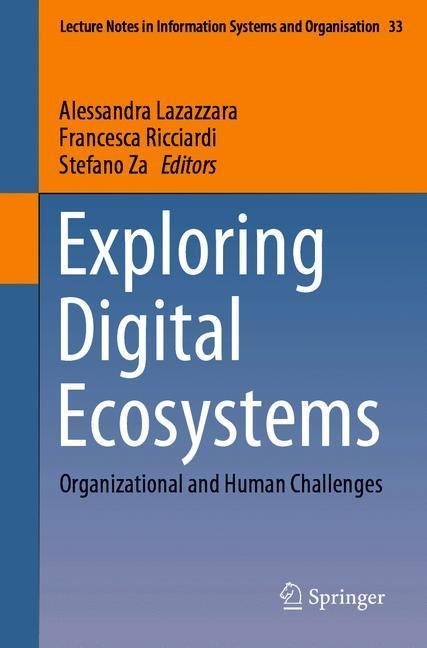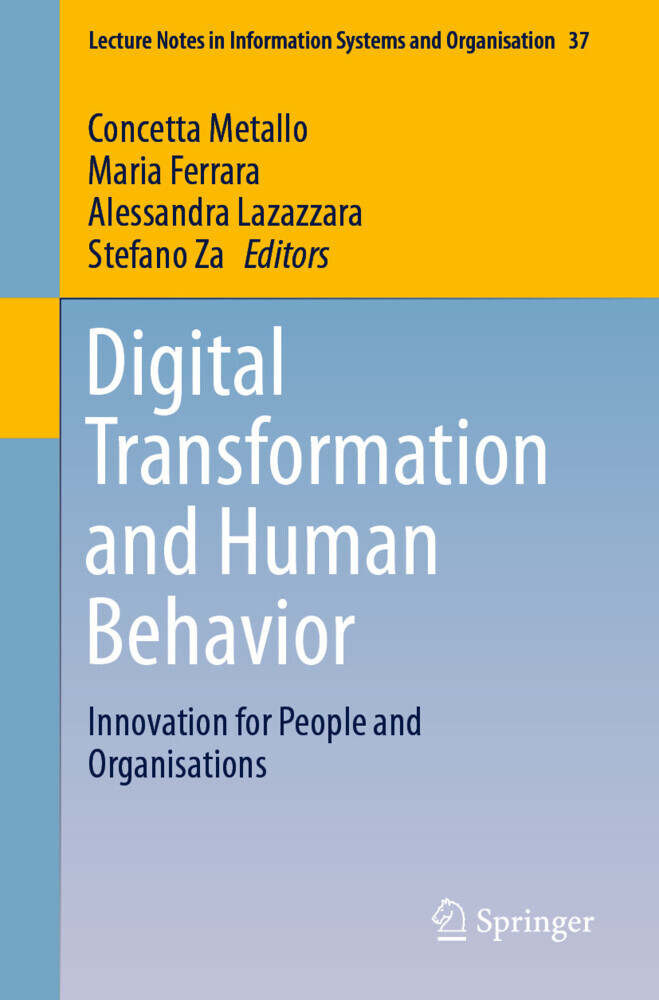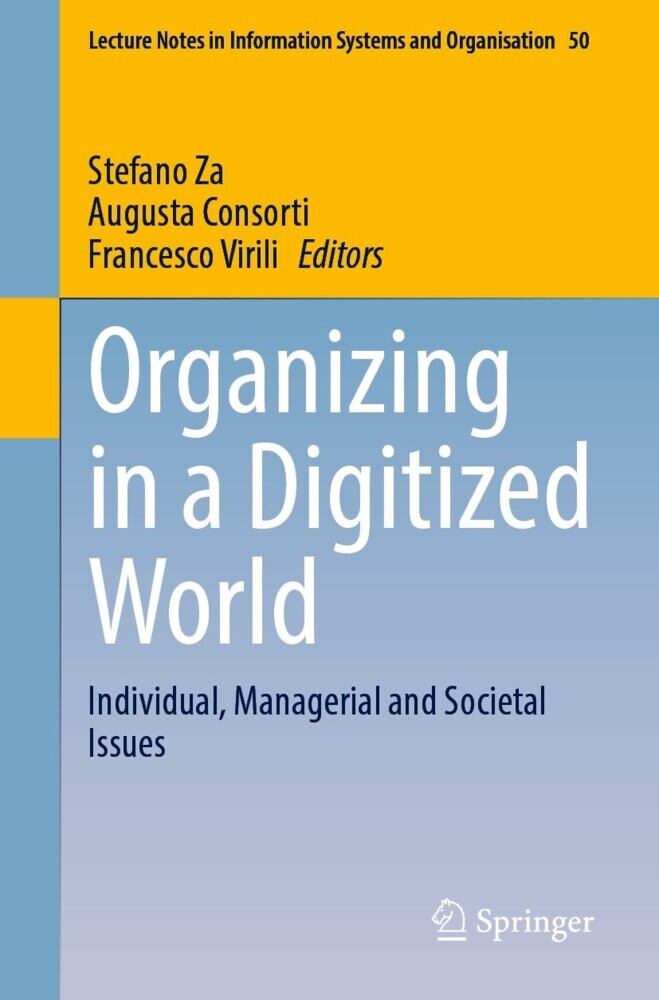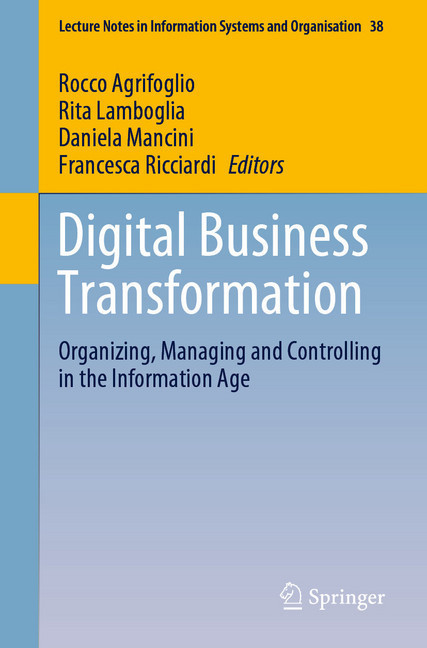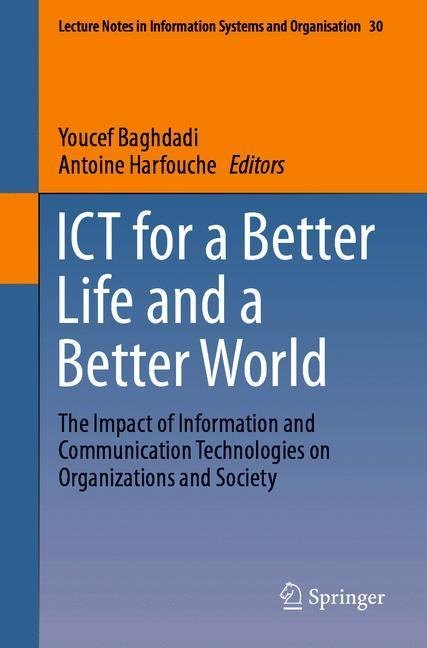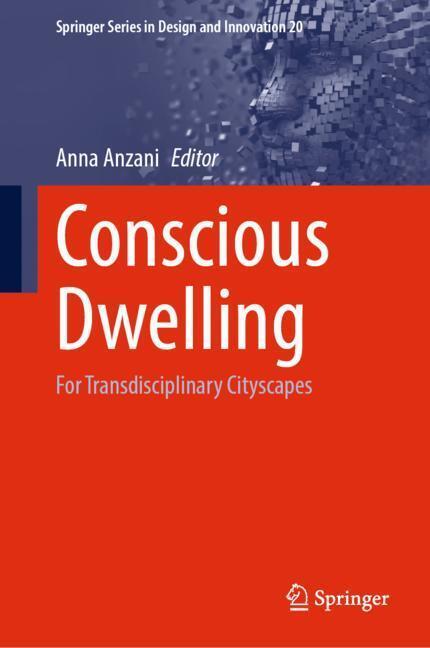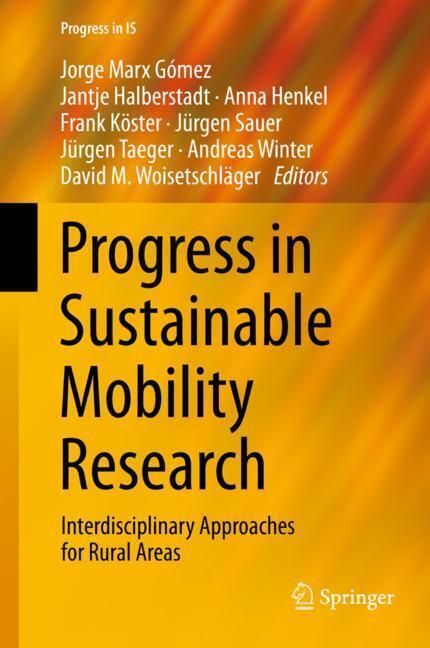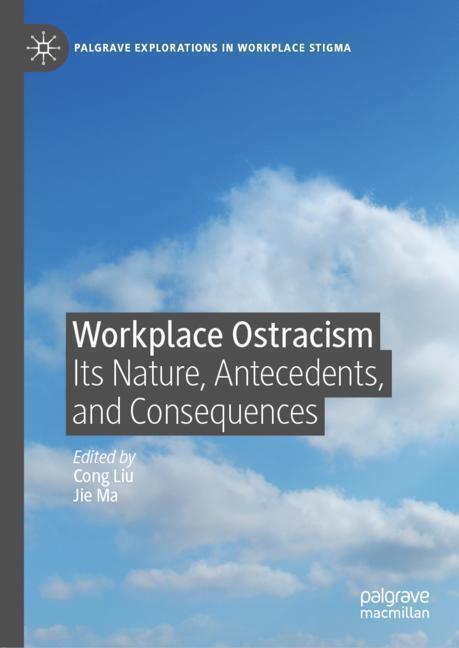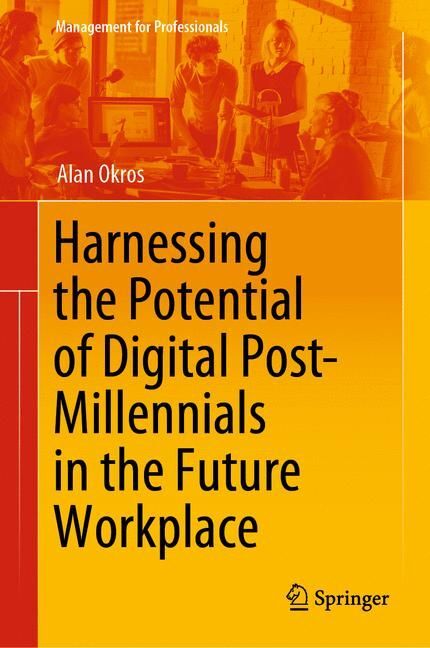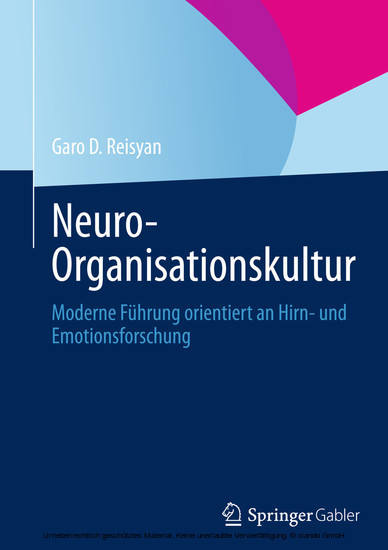Exploring Digital Ecosystems
The recent surge of interest in digital ecosystems is not only transforming the business landscape, but also poses several human and organizational challenges. Due to the pervasive effects of the transformation on firms and societies alike, both scholars and practitioners are interested in understanding the key mechanisms behind digital ecosystems, their emergence and evolution. In order to disentangle such factors, this book presents a collection of research papers focusing on the relationship between technologies (e.g. digital platforms, AI, infrastructure) and behaviours (e.g. digital learning, knowledge sharing, decision-making). Moreover, it provides critical insights into how digital ecosystems can shape value creation and benefit various stakeholders. The plurality of perspectives offered makes the book particularly relevant for users, companies, scientists and governments. The content is based on a selection of the best papers - original double-blind peer-reviewed contributions - presented at the annual conference of the Italian chapter of the AIS, which took place in Pavia, Italy in October 2018.
Alessandra Lazazzara is an Assistant Professor of Organization and Human Resource Management at the University of Milan. She holds a PhD in Organizational Development from the University of Milano - Bicocca and she has been visiting scholar at The Netherlands Interdisciplinary Demographic Institute (The Netherlands). Her research interests focus on job crafting, e-HRM, and diversity and inclusion. She is involved in several national and international research projects with a wide range of companies and institutions. Alessandra teaches at both undergraduate and graduate levels in the area of Organization Studies, Training & Development, and Organizational Behavior. She has authored several publications in national and international journals, co-edited two books of the Springer LNISO series and is editorial board member of The International Journal of Human Resource Management. Alessandra serves as vice president of ItAIS, the Italian Chapter of the Association for Information Systems and is a board member of ASSIOA, the Association of Italian Organization Studies Academics.
Francesca Ricciardi is an Associate Professor of Business Organization at the University of Turin, Italy, and a visiting lecturer of Organizations and Communities at the University of Lund, Sweden. Previously she served at the University of Verona, University of Genoa, and the Catholic University of the Sacred Heart, Brescia. She regularly teaches at several postgraduate and master programs. Her research interests span themes such as inter- and intra-organizational relationships, adaptive organizational learning, smart cities and communities, and the innovative management of the commons. She has published more than 60 studies on these subjects, including international journal articles, monographs, book chapters, and conference papers.
She is co-founder and scientific director of the Smart Commons Lab. Before completely dedicating herself to research and teaching, she worked as a consultant, gaining experience in the fields of facility management, project management, and executive search.
Stefano Za is an Assistant Professor of Organization Studies and Information Systems at University 'G. d'Annunzio' of Chieti-Pescara (Italy), Adjunct Professor at LUISS University, Rome, and visiting professor at the EM Strasbourg Business School. He has been Secretary of the Italian Chapter of AIS (ItAIS) since 2008, and member of program committees and reviewer for national and international conferences and journals in the domains of Information Systems and Organization Studies. His main research interest is the analysis and design of digital artefacts and organizational systems. He is currently focused on digital innovations and business transformation affecting people and organizations in the digital ecosystem. He was editor for several books and special issues of journals. He has also published a book and papers on international conferences, book series and journals.
1;Preface;6 2;Contents;7 3;Introduction to Digital Ecosystem;11 3.1;1 Human Communities in Digital Ecosystems;12 3.2;2 Part II: Human Resources and Learning in Digital Ecosystems;13 3.3;3 Part III: Processes and IS Design in Digital Ecosystems;14 3.4;4 Part IV: Organizing in Digital Ecosystems;16 3.5;References;17 4;Part I Human Communities in Digital Ecosystems;18 5;Rethinking Romanian and Italian Smart Cities as Knowledge-Based Communities;19 5.1;1 Introduction;20 5.2;2 Developing Cities as Smart and Knowledge-Based Communities;21 5.2.1;2.1 Rediscovering Knowledge-Based Cities;21 5.2.2;2.2 Promoting Smart Cities as Communities;22 5.3;3 Research Methodology;23 5.4;4 Main Results;25 5.4.1;4.1 A Knowledge Management Perspective on the Smart Cities Model;25 5.4.2;4.2 The Performance of the Romanian and Italian Smart Cities;25 5.5;5 Conclusion and Further Research;28 5.6;References;30 6;Are the Elderly Averse to Technology?;32 6.1;1 Introduction;32 6.2;2 Investigation;34 6.3;3 Findings;35 6.4;4 Discussion;37 6.5;5 Conclusion;38 6.6;References;39 7;Value Co-creation in Online Communities: A Preliminary Literature Analysis;40 7.1;1 Introduction;41 7.2;2 Research Framework and Data Collection;42 7.3;3 Data Analysis;43 7.3.1;3.1 Descriptive Analysis;44 7.3.2;3.2 The Analysis of Citations and Topics Connections;48 7.4;4 Preliminary Discussion and Future Steps;50 7.5;References;51 8;Disability and Home Automation: Insights and Challenges Within Organizational Settings;54 8.1;1 Introduction;55 8.2;2 Home Automation for Supporting People with Disability;56 8.3;3 Disability and Home Automation: The State of Art in the Research;58 8.4;4 Disability and Home Automation: The State of Art in the Practice;68 8.5;5 Concluding Remarks;71 8.6;References;71 9;Efforts Towards Openness and Transparency of Data: A Focus on Open Science Platforms;74 9.1;1 Introduction;74 9.2;2 Literature Review;76 9.2.1;2.1 Open Science Paradigm;76 9.2.2;2.2 Existing Classifications of Transparency of Open Science Platforms;78 9.3;3 Proposed Model for Assessing Platforms' Openness and Transparency;80 9.4;4 Discussion and Primary Conclusions;81 9.5;References;88 10;Millennials, Information Assessment, and Social Media: An Exploratory Study on the Assessment of Critical Thinking Habits;92 10.1;1 Introduction;92 10.2;2 Theoretical Framework;93 10.2.1;2.1 Critical Thinking and Millennials;94 10.3;3 Research Design;94 10.4;4 Data Analysis;95 10.4.1;4.1 The Profile of Respondents;96 10.4.2;4.2 Critical Thinking Skills: Descriptive Statistics;96 10.4.3;4.3 Self-assessment of Critical Thinking Skills;98 10.4.4;4.4 Exploratory Analysis;100 10.5;5 Discussion;102 10.6;6 Conclusions;102 10.7;References;103 11;Part II Human Resources and Learning in Digital Ecosystems;105 12;Grasping Corporate Identity from Social Media: Analysis of HR Consulting Companies;106 12.1;1 Introduction: Corporate Identity and Social Media;107 12.2;2 Theoretical Framework;108 12.3;3 Research Design;110 12.4;4 Results;110 12.4.1;4.1 Choice of Platform;110 12.4.2;4.2 Choice of Content;113 12.4.3;4.3 Engagement;114 12.4.4;4.4 Interaction;115 12.5;5 Discussion and Conclusions;116 12.6;Appendix 1;118 12.7;Appendix 2;119 12.8;Appendix 3;121 12.9;Appendix 4;122 12.10;References;123 13;Managing Intellectual Capital Inside Online Communities of Practice: An Integrated Multi-step Approach;126 13.1;1 Introduction;127 13.2;2 Theoretical Background;127 13.2.1;2.1 Communities of Practice;127 13.2.2;2.2 Intellectual Capital;128 13.3;3 A Four-Step Methodology;129 13.4;4 Discussion of Findings;132 13.4.1;4.1 The Nominal Group Technique;132 13.4.2;4.2 The Focus Groups with the Governance;132 13.4.3;4.3 The Focus Groups with the Members;133 13.4.4;4.4 Corrective Actions and the Improvement Strategy;135 13.5;5 Conclusions and Further Insights;135 13.6;References;137 14;How Do We Learn Today and How Will We Learn in the Future Within Organizations? Digitally-Enhanced and Personalized Learning Win;140 14.1;1 Introduction;140
Lazazzara, Alessandra
Ricciardi, Francesca
Za, Stefano
| ISBN | 9783030236656 |
|---|---|
| Artikelnummer | 9783030236656 |
| Medientyp | E-Book - PDF |
| Copyrightjahr | 2019 |
| Verlag | Springer-Verlag |
| Umfang | 451 Seiten |
| Sprache | Englisch |
| Kopierschutz | Digitales Wasserzeichen |

